
The marshmallow emerges from the flame at just the right moment as a golden brown work of culinary perfection. As the melted, gooey confection oozes across the top of a Graham cracker, you grin in anticipation as you gently layer on some chocolate and another crunchy cracker. You look. You admire. You taste. Heavenly.
S'mores, what would life be without them? The chocolate and marshmallows are the main attraction tempting our taste buds… but don't forget the humble Graham crackers holding everything together. If it weren't for them, we'd just have a melted, sweet conglomeration with nowhere to go.
We must thank Sylvester Graham (1794-1851), a Presbyterian minister, for the ingenious combination of ingredients that now bear his name. Even though his original recipe for Graham cakes bears no resemblance to what we enjoy today, the story behind Graham crackers remains quite intriguing.
Rev. Graham was a staunch social reformer and an advocate for healthy living. He preached that too much lustful living harmed the body, and excessive sexual activity caused ailments ranging from headaches and indigestion to pulmonary problems, spinal diseases, epilepsy, and insanity. He also believed that offspring conceived in this manner would die early due to weakened stock.
Graham endorsed a strict high-fiber diet consisting of unrefined wheat flour, no fat, and no meats to suppress those carnal urges. In addition, Graham discouraged the use of mustard and ketchup since, according to him, it also caused insanity.
Surprisingly, Graham's doctrine was accepted by a limited number of people during the American health craze of the 1820s and 1830s. His converts gladly confined themselves to Graham boarding houses in New York and Boston, adhering to the strict regimen.
The Graham cakes made their grand entrance at that time. The Reverend wanted a special treat for his faithful friends and meticulously perfected his recipe made with unrefined wheat flour and without any sugar or flavorings. It became a staple among his followers to supplement the high-fiber vegetarian diet.
As with all fads, though, Sylvester Graham's healthy living philosophy fizzled out. Yet, the Graham cakes lived on – slightly modified, of course.
Graham's name remained because of the use of his highly proclaimed unsifted wheat flour. However, that was the only ingredient that survived the transition from Graham cakes to Graham crackers. It's a mystery who first concocted the cracker version, but the revised recipe appeared in a cookbook in 1882. The rest of the story is history.
The crunchy wafer we all know and love come from the National Biscuit Company, a.k.a. Nabisco. They began marketing Graham crackers in the late 1800s. But their record-breaking success came in 1925 when the company introduced the Honey Maid line, and the delicious treat has remained popular since then.
Sylvester Graham probably spins in his grave whenever his name is used to describe the cookie-like treat made with refined white flour and sugar. But hey, that's progress.
~~~~~~~~~~~~~~~
You may be wondering what the history of Graham crackers has to do with books or writing.
Answer: Absolutely nothing. I just thought it was an interesting tidbit of history. At any rate, this is our Whatever blog, so it still fits, sort of.
~~~~~~~~~~~~~~~~
Did you know…
I'm sure you know that S'more is a contraction of the phrase "some more." However, did you know the first recipe appeared in a Campfire Marshmallows cookbook in the early 1920s? The guide may have heralded the Graham Cracker Sandwich as an ingenious invention, but it was already a well-known treat for Boy and Girl Scouts alike.
The first official recipe for a s'more came out in the 1927 Girl Scout guidebook, "Tramping and Trailing with the Girl Scouts." While the book was intended to offer advice on being a good Girl Scout (always get a parent's permission before hiking!), its lasting legacy was the Some More.
The renamed recipe, credited to a troop leader named Loretta Scott Crew, calls for 16 graham crackers, eight bars of plain chocolate, and 16 marshmallows. The instructions say, "Toast the marshmallows to a 'crispy, gooey state.' Put the marshmallow on top of a chocolate bar, between two graham crackers, and voilà, you got a " Some More."
It's unclear when the name was shortened to simply s'more, but various Girl Scout publications referred to the treat as Some More until at least 1971.
Thanks, Dannye, for digging up these little-known facts! Now, I'm craving some gooey, toasted marshmallows, chocolate, and graham crackers.
How long has it been since you ate a s'more?

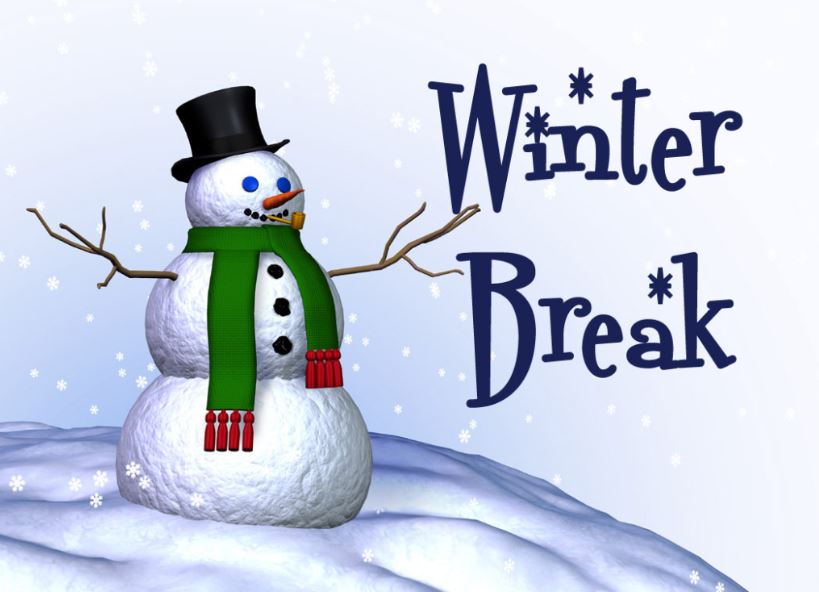
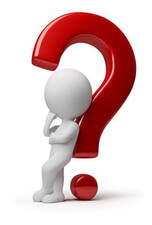
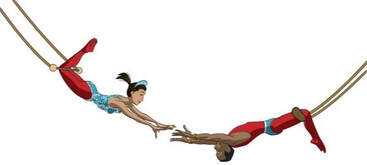

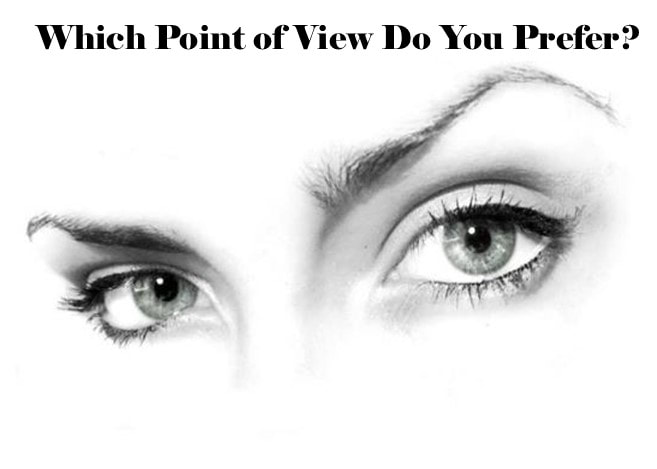
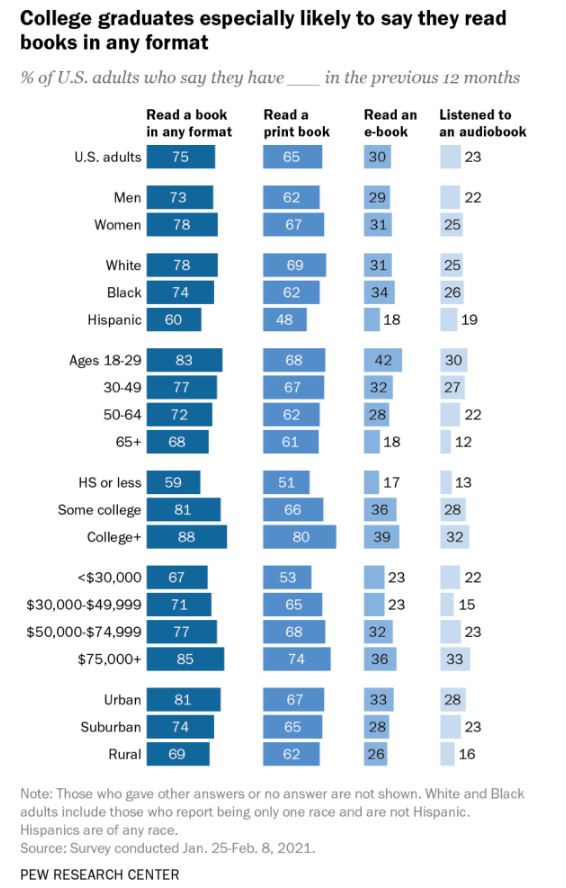

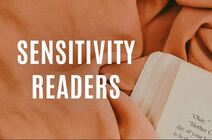

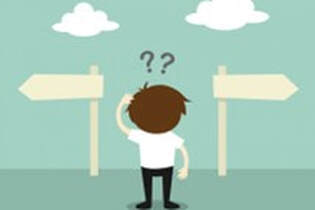
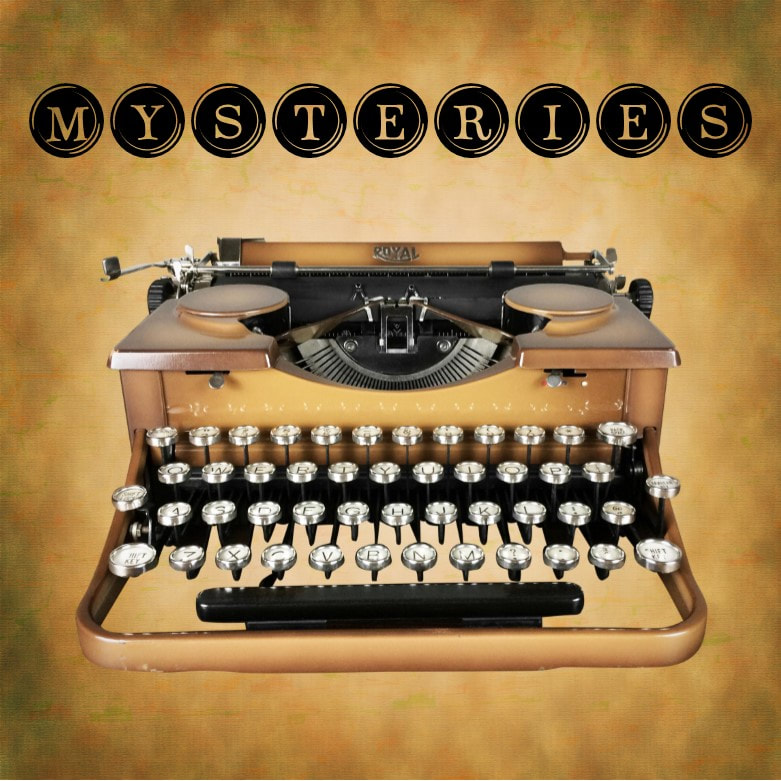
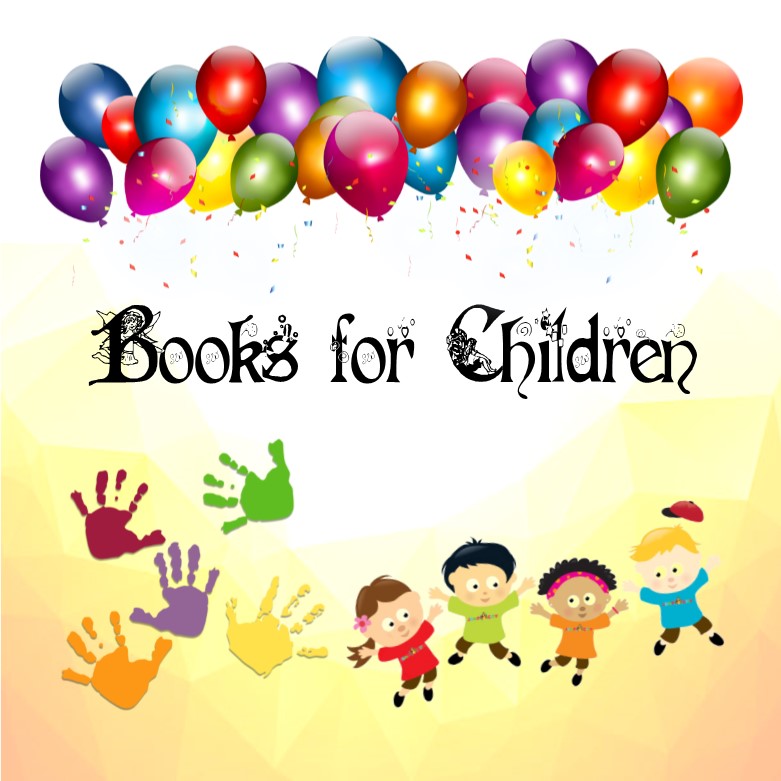
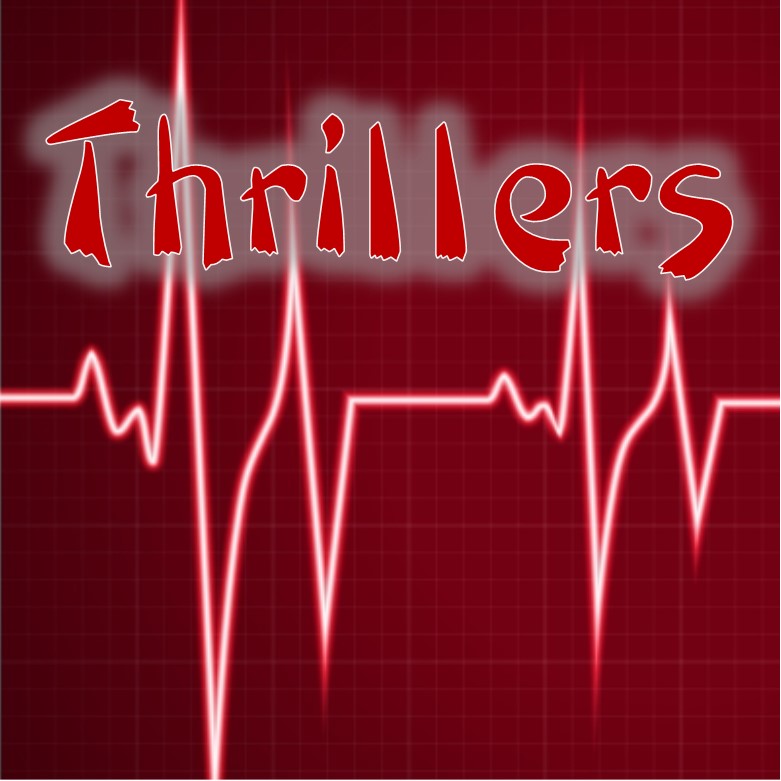
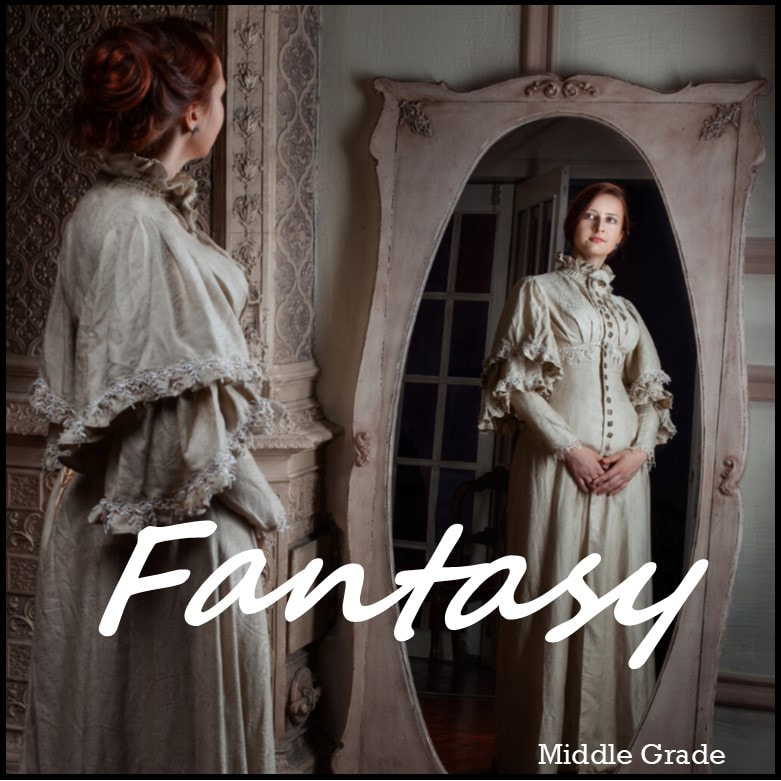
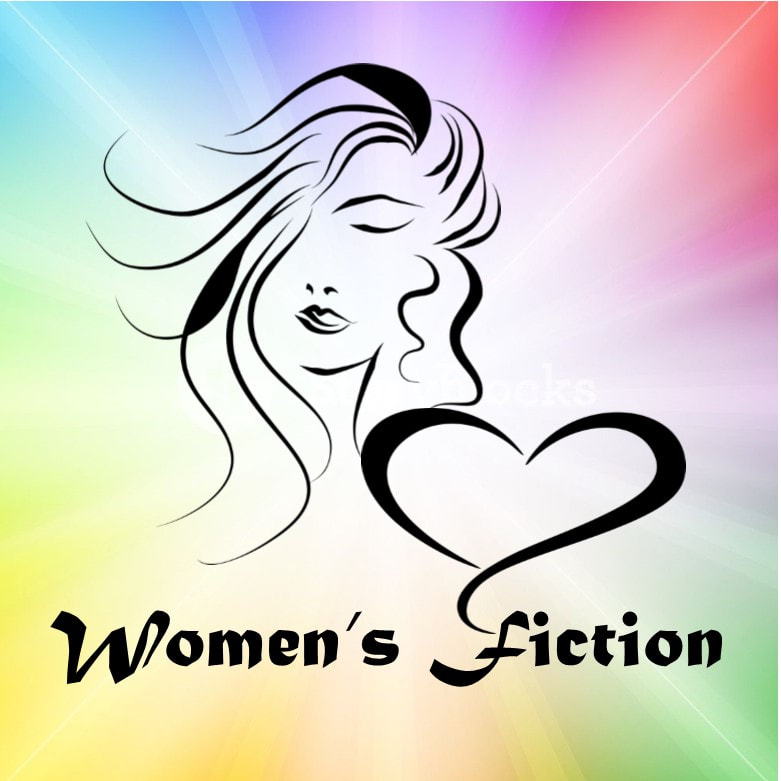
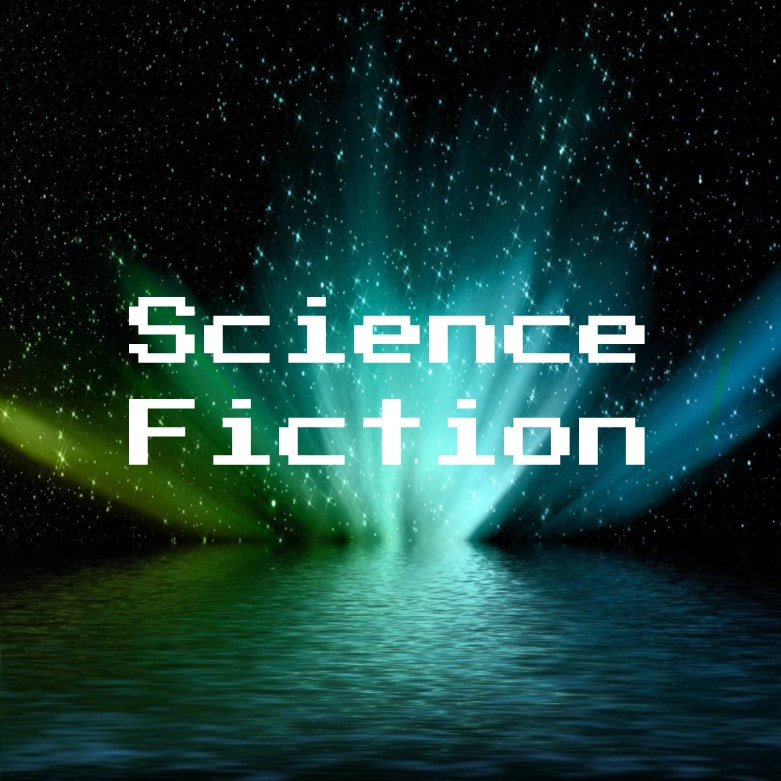
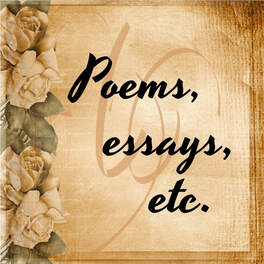
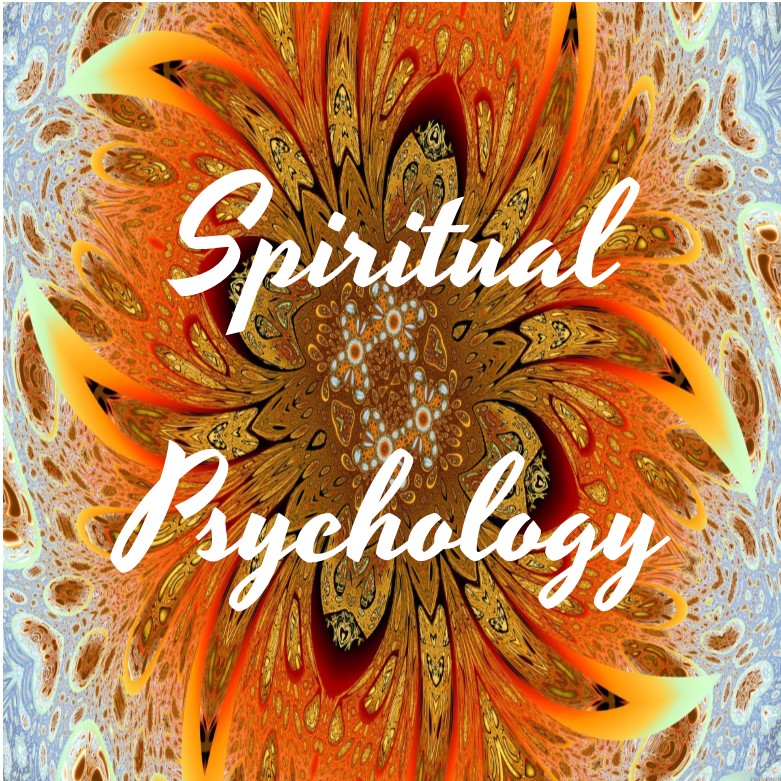

 RSS Feed
RSS Feed